TIN(IV) 2,3-NAPHTHALOCYANINE DICHLORIDE
- CAS NO.:26857-61-4
- Empirical Formula: C48H24Cl2N8Sn
- Molecular Weight: 902.37
- MDL number: MFCD22385592
- SAFETY DATA SHEET (SDS)
- Update Date: 2023-06-08 17:06:36
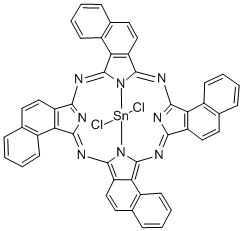
What is TIN(IV) 2,3-NAPHTHALOCYANINE DICHLORIDE?
The Uses of TIN(IV) 2,3-NAPHTHALOCYANINE DICHLORIDE
Used as an electron donor material in Organic Photovoltaic (OPV) Cells.
General Description
Tin(IV) 2,3-naphthalocyanine dichloride (SnNcCl2) belongs to the family of metal based phthalocyanines. They are widely used as an electron donor material in organic photovoltaic (OPV) cells. The use of SnNcCl2 in OPVs increases its power conversion efficiencies since it absorbs light in the near infrared and infra-red portions of the electromagnetic spectrum which accounts for 50% of the solar photon flux.
Properties of TIN(IV) 2,3-NAPHTHALOCYANINE DICHLORIDE
| Melting point: | >300 °C(lit.) |
| form | powder to crystal |
| color | Green to Dark green |
Safety information for TIN(IV) 2,3-NAPHTHALOCYANINE DICHLORIDE
| Signal word | Danger |
| Pictogram(s) |
 Skull and Crossbones Acute Toxicity GHS06 |
| GHS Hazard Statements |
H315:Skin corrosion/irritation H319:Serious eye damage/eye irritation H335:Specific target organ toxicity, single exposure;Respiratory tract irritation |
| Precautionary Statement Codes |
P261:Avoid breathing dust/fume/gas/mist/vapours/spray. P280:Wear protective gloves/protective clothing/eye protection/face protection. P311:Call a POISON CENTER or doctor/physician. P301+P310:IF SWALLOWED: Immediately call a POISON CENTER or doctor/physician. P305+P351+P338:IF IN EYES: Rinse cautiously with water for several minutes. Remove contact lenses, if present and easy to do. Continuerinsing. |
Computed Descriptors for TIN(IV) 2,3-NAPHTHALOCYANINE DICHLORIDE
New Products
(S)-3-Aminobutanenitrile hydrochloride 4-Methylphenylacetic acid N-Boc-D-alaninol N-BOC-D/L-ALANINOL Tert-butyl bis(2-chloroethyl)carbamate 3-Morpholino-1-(4-nitrophenyl)-5,6-dihydropyridin- 2(1H)-one Furan-2,5-Dicarboxylic Acid Tropic acid 1-Bromo-3,5-Di-Tert-Butylbenzene S-2-CHLORO PROPIONIC ACID ETHYL ISOCYANOACETATE 2-Bromo-1,3-Bis(Dimethylamino)Trimethinium Hexafluorophosphate 4-IODO BENZOIC ACID 3-NITRO-2-METHYL ANILINE 1-(2,4-DICHLOROPHENYL) ETHANAMINE (2-Hydroxyphenyl)acetonitrile 4-Bromopyrazole 2-(Cyanocyclohexyl)acetic acid 4-methoxy-3,5-dinitropyridine 1-(4-(aminomethyl)benzyl)urea hydrochloride 2-aminopropyl benzoate hydrochloride diethyl 2-(2-((tertbutoxycarbonyl)amino) ethyl)malonate tert-butyl 4- (ureidomethyl)benzylcarbamate Ethyl-2-chloro((4-methoxyphenyl)hydrazono)acetateRelated products of tetrahydrofuran
![(SP-4-1)-[1,8,15,22-Tetrakis[2-methyl-1-(1-methylethyl)propoxy]-29H,31H-phthalocyaninato(2-)-N29,N30,N31,N32]copper](https://img.chemicalbook.in/CAS/20180808/GIF/144843-25-4.gif)

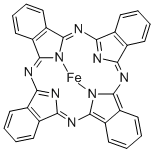
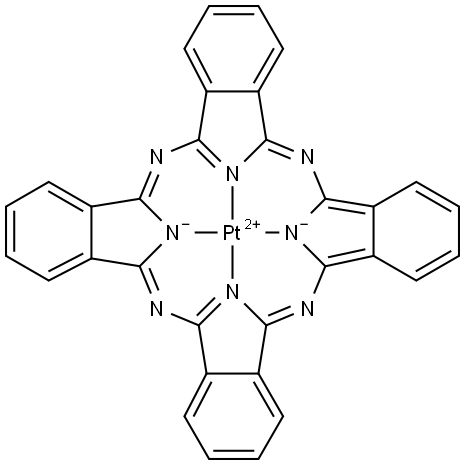
![Vanadium, oxo[29H,31H-phthalocyaninato(2-)-N29,N30,N31,N32]-, (dibutylamino)sulfonyl derivs.](https://img.chemicalbook.in/)

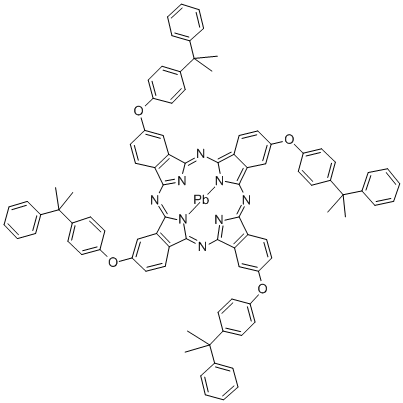
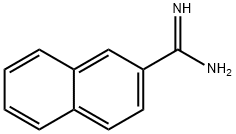
You may like
-
 Tin(IV) 2,3-Naphthalocyanine Dichloride CAS 26857-61-4View Details
Tin(IV) 2,3-Naphthalocyanine Dichloride CAS 26857-61-4View Details
26857-61-4 -
 2033-24-1 98%View Details
2033-24-1 98%View Details
2033-24-1 -
 1975-50-4 98%View Details
1975-50-4 98%View Details
1975-50-4 -
 2-HYDROXY BENZYL ALCOHOL 98%View Details
2-HYDROXY BENZYL ALCOHOL 98%View Details
90-01-7 -
 2-Chloro-1,3-Bis(Dimethylamino)Trimethinium Hexafluorophosphate 221615-75-4 98%View Details
2-Chloro-1,3-Bis(Dimethylamino)Trimethinium Hexafluorophosphate 221615-75-4 98%View Details
221615-75-4 -
 61397-56-6 CIS BROMO BENZOATE 98%View Details
61397-56-6 CIS BROMO BENZOATE 98%View Details
61397-56-6 -
 14714-50-2 (2-Hydroxyphenyl)acetonitrile 98+View Details
14714-50-2 (2-Hydroxyphenyl)acetonitrile 98+View Details
14714-50-2 -
 118753-70-1 98+View Details
118753-70-1 98+View Details
118753-70-1
Statement: All products displayed on this website are only used for non medical purposes such as industrial applications or scientific research, and cannot be used for clinical diagnosis or treatment of humans or animals. They are not medicinal or edible.